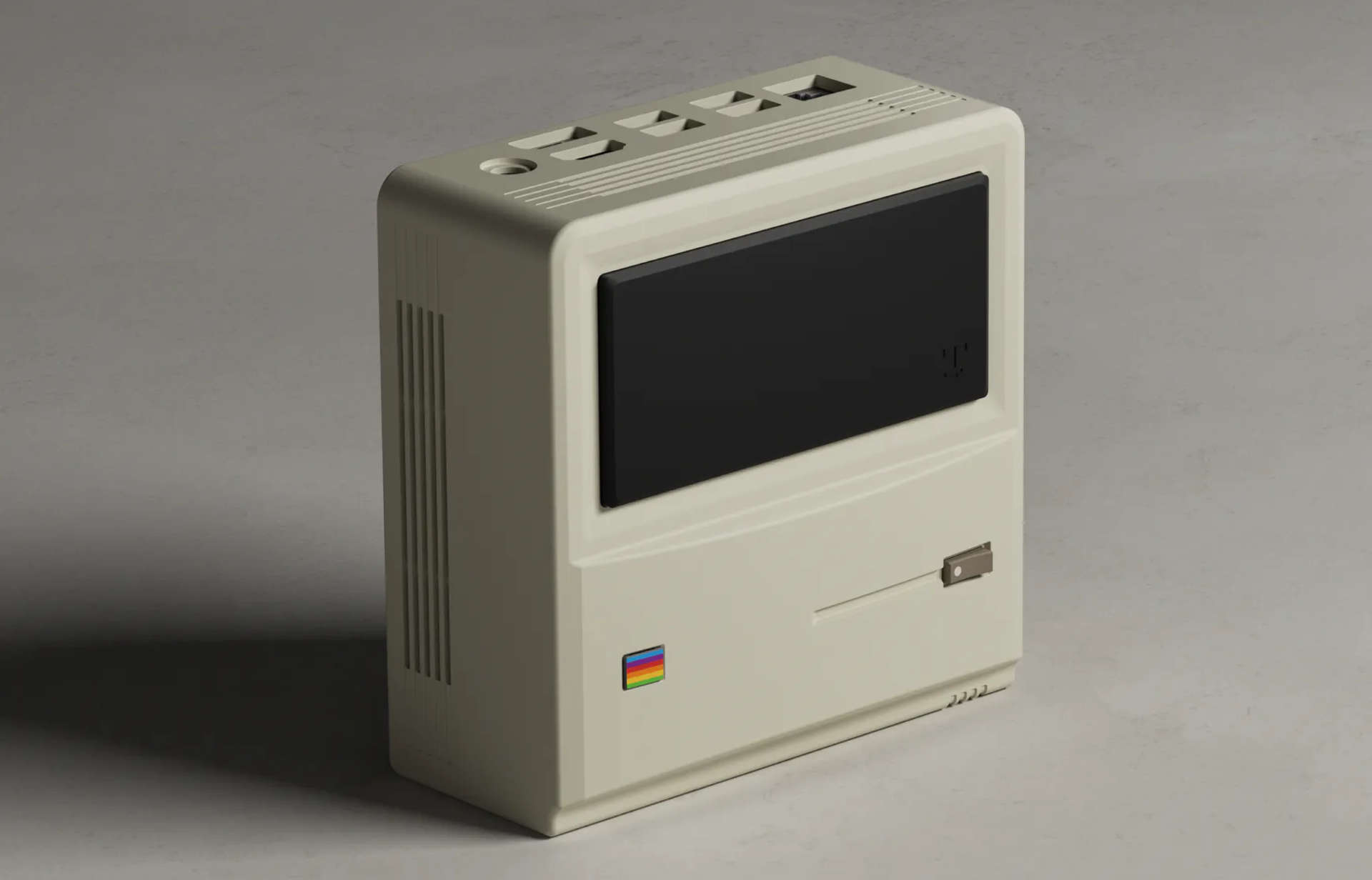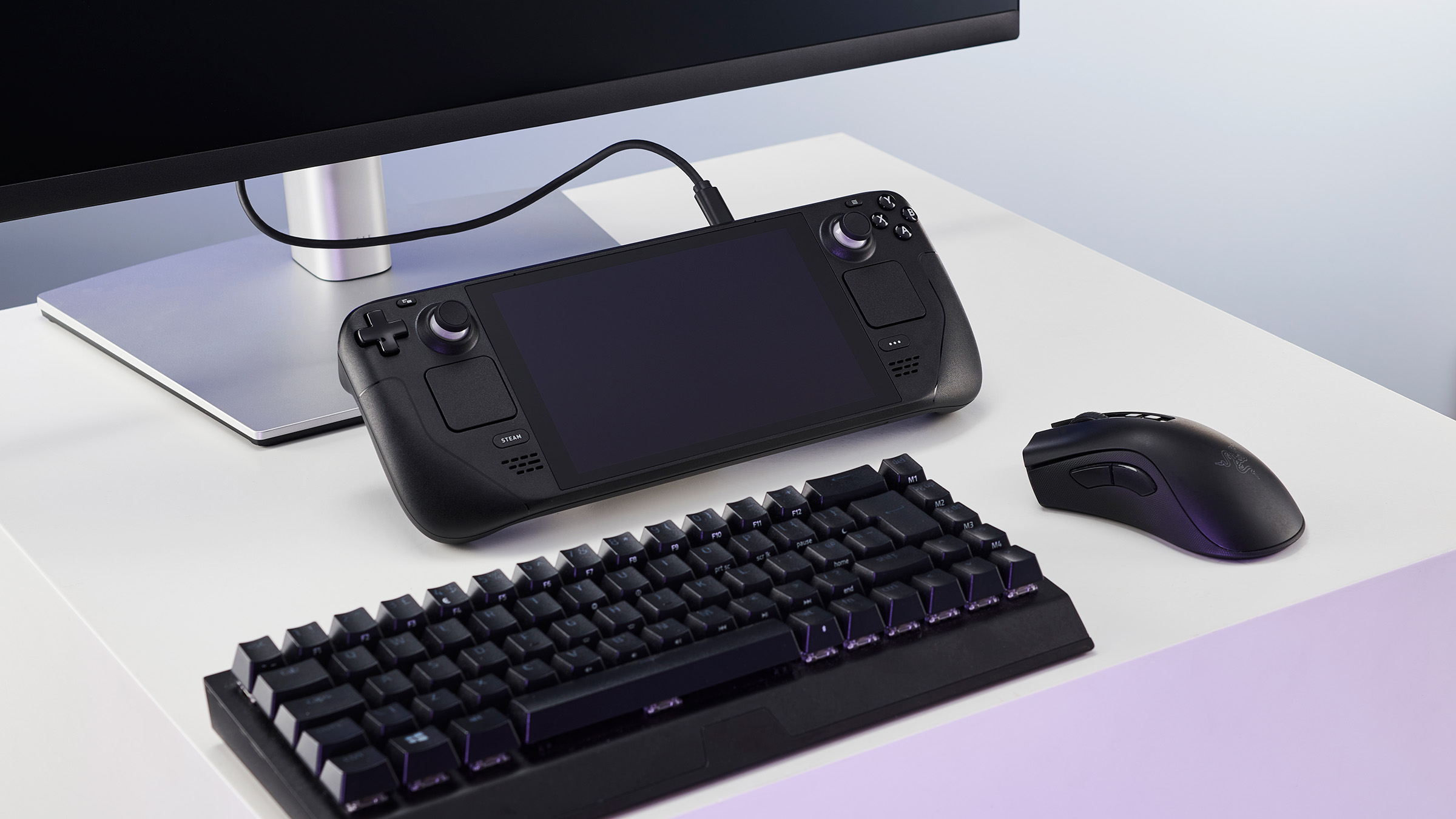Ayaneo's first mini PC looks absolutely gorgeous but that beauty is only skin deep, unfortunately
In the PC Gamer hardware office, we've been looking forward to Ayaneo's sweet looking Retro Mini PC for a while now. The portable and handheld computer maker has been promoting it on its site but initially kept the hardware specifications under wraps. Once it went live with its crowdsourced funding project, though, the mysterious innards were no longer…well…mysterious. Powering the PC is one of two APUs and they're both kinda meh: AMD's Ryzen 3 3200U and Ryzen 7 5700U.
Taking a peek at Ayaneo's Indiegogo page shows you that the Retro Mini PC will start at $199 (retail price), and sport an AMD Ryzen 3 3200U, along with 8GB of RAM and a 256GB SSD. For $60 more, you get the same APU but double the amount of memory and storage. That processor is from 2019 and is based on AMD's first Zen architecture. You're getting just two cores, four threads, and a boost clock of up to 3.5GHz.
If that's not disappointing enough, then it gets better: The graphics side of the chip is a Radeon Vega 3, which uses the old GCN 5.0 design for the 192 shaders inside. No, that's not a typo. Together with the tiny CPU, it'll be fine for basic games or those from 13 years ago, but forget about it with anything more recent/demanding.
The other three models all use an AMD Ryzen 5 5700U, which is thankfully a much beefier affair. It's still a little on the old side though, using the Zen 2 architecture, but at least there are eight cores, 16 threads, and a clock speed of up to 4.3GHz. The integrated GPU is better than the 3700U's with 512 shaders and while it's still not particularly suited for modern gaming, it's not out of the question.
Starting at $259 for a 5700U model with no RAM or SSD, the Retro Mini PC range tops out at $459 for one boasting 32GB of DDR4 and a 1TB solid state drive. Prices for the 3700U variants are all reasonable enough but it doesn't really make sense to go with the most expensive 5700U, as you're kind of wasting all that RAM and SSD capacity.
This is because it isn't really needed for doing the one thing that Ayaneo's device is clearly targeted for, and the name and case design are the giveaways here: Retro gaming emulation.

Given that you can do this on the likes of a Raspberry Pi, even the most basic Retro Mini PC will be easily up to the task. There are four USB ports around the back for you to attach a keyboard, mouse, and gamepad. There's even a HDMI and DisplayPort socket to allow you to pick whatever display takes your fancy.
But is $199 actually cheap enough? Well, the Raspberry Pi 5 costs $80 and although you won't get any storage or software, it seems to me to be a far better purchase.

Steam Deck OLED review: Our verdict on Valve's handheld.
Best Steam Deck accessories: Get decked out.
Steam Deck battery life: What's the real battery life?
Best handheld gaming PC: What's the best travel buddy?
Even accounting for buying a case for the circuit board and other components to make it a complete system, it's still going to be the cheaper option. That said, Ayaneo's system is likely to be much easier to get up and running than the Pi, for a computing novice.
Once you're spending over $300 for a 5700U version, you're in the same ballpark as the original Steam Deck, which is currently $349 and that's a great device for retro gaming on the go. The top-spec Retro Mini PC, at $459, could be a handy media or file server, but I'm sure there are better devices for handling those roles at that kind of money.
Don't get me wrong: The Ayaneo Retro Mini PC really does look wonderful and presses every nostalgia button possible, but to me the hardware specifications are too underwhelming for the price tag.
It could be a fantastic Christmas gift for someone, though, especially if they like to tinker away in making low-spec PCs perform all kinds of tricks or just want something that gives them a glorious 1980s 8-bit glow.

Post a Comment